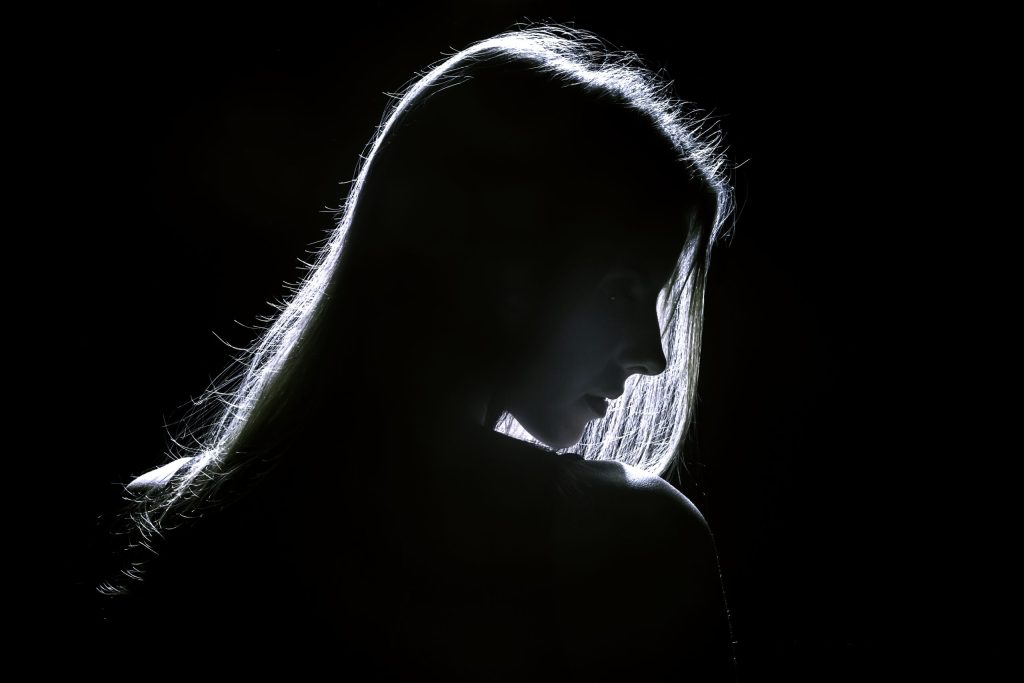…yet violence against women and girls with disabilities, particularly those who live in institutions, remains largely outside the increasing public debate and policy responses to violence against women.
Nearly three years have passed since WWDA Vice President Karin Swift delivered this comment in an address at the University of Sydney on behalf of WWDA at a national roundtable on political participation, inclusion and decision making in 2013.
But are the Government listening yet? Are they including women with disabilities in the supports, and services for people escaping domestic violence? Is Government hearing the voices of women and girls with disability or are these voices being ignored while others speak over them about such a deeply personal issue? Women and girls with disability are made more vulnerable when their voices are ignored, overpowered by other louder voices and yet it is the women and girls with disability who know what they are experiencing and how they would like it to be resolved.
For some women and girls with disability, institutions are their domicile. But are the Government addressing the issues of violence in institutions against women with disabilities? What supports are in place to address the needs of women who suffer violence in an institutional setting?
Do state and federal justice systems have plans in place for the safety of women and girls with disability. The NSW Police, Code of Practice for Crime (p. 27) is a good start but fails to include people with mental health impairments as vulnerable people. People with intellectual impairment and people with physical impairment are both identified as ‘vulnerable people’ along with Culturally and Linguistically Diverse People and Aboriginal and Torres Strait Islander people.
What of the media? Are the media engaging in public debate on the issues of violence against women with disabilities? Does such debate include the voices of women and girls with disability or again is the focus on the voices of others? Or are they only interested in sensationalised stories to fill their pages and sell their product?
What requirements have been made of service providers to women and girls with disability to address instances of violence? Are there appointed advocates to work with women and girls with disability to assist and support them in how they want to resolve the situation? Without a Royal Commission into the violence abuse and neglect of people with disabilities many service providers will continue with their ‘lumpy rug’ procedures that keep issues of violence in-house and hidden from public knowledge or view, sweeping issues under the carpet to maintain their own shiny corporate images. How aware are the general public about the issues of violence against women and girls with disabilities?
Without a Royal Commission the public will remain unaware of the extent of violence perpetuated against women and girls with disability. Without lifting the lid off service provider’s practices and bringing the many instances of violence into the glare of daylight and view of the general public, the issues will remain hidden and the harm to women and girls will continue to be perpetuated.
While the recent Senate Inquiry into violence, abuse and neglect against people with disabilities was a step forward, has it really achieved anything other than opening up a lot of wounds? When will we at last get a Royal Commission into violence against people with disabilities? Meanwhile, having failed to announce a Royal Commission, the Government has moved into caretaker mode in preparation for the next federal election. I wonder if it will even be on the radar as an election issue for any but a few die-hard advocates and activists who will continue to rail against the silence.
Women with disabilities continue to suffer from abuse, violence and neglect, and remain subject to policies that steal away their autonomy and deny them their most fundamental of human rights.
 About the Author
About the Author
Cheryl McDonnell is a cross-sectional social justice activist and member of Women With Disabilities Australia (WWDA), People With Disabilities Australia (PWDA), and NSW Council of Social Services. She is a person with disabilities and the parent of people with disabilities. Cheryl enjoys gardening and the arts. Follow Cheryl on Open Forum (http://www.openforum.com.au/blog/45082).
WWDA welcomes original submissions from members about the issues that are important to all of us. Please contact WWDA or WWDA Youth Network if you would like to contribute an article, creative work or reflection to our regular news bulletins and website.

